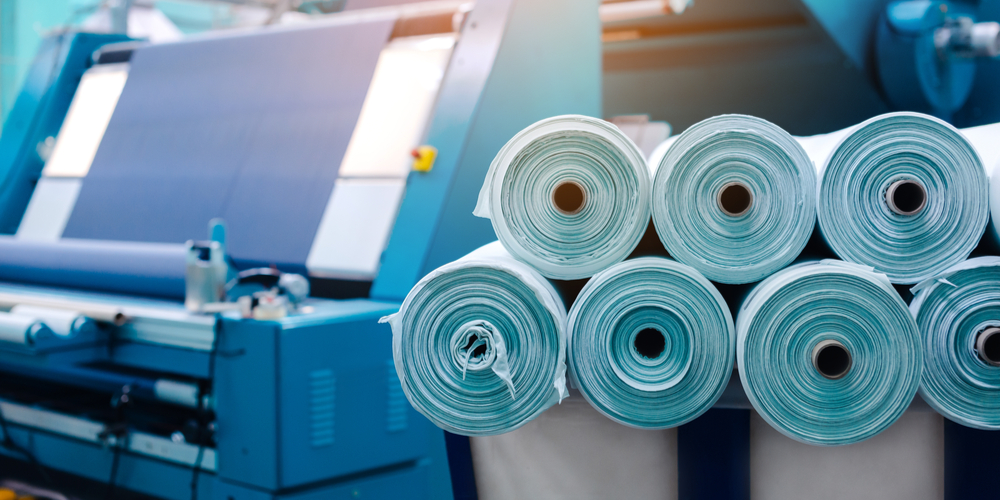
Textile engineering incorporates many different disciplines in order to design, develop and produce new and advanced fabrics for use in a variety of sectors. An increasing amount of textiles are produced using modern automated techniques creating an ever growing demand for trained professionals with backgrounds in textiles, the sciences and engineering. There is also an ever greater need for environmentally friendly fabrics, ‘smart’ fabrics and protective clothing for use in fashion industry, the military and the world of technology.
Education
As the role of a textile engineer relies heavily on an extensive knowledge of science, particularly chemistry and physics, it is required of most in the industry to have completed an undergraduate or postgraduate degree. To be able to qualify for a one of the textile technology or engineering courses in the United Kingdom you must have completed at least five GCSEs graded A*-C, including maths and science, as well as three A-levels with one being in maths and another in science, or two sciences.
Skills
As well as having a passion for sciences and an eye for design you should also be good at problem solving and have a highly analytical mind. As the textile industry is a massive international industry you should be comfortable with travel and enjoy exploring other cultures, languages and ways of life. It is because of this that being able to speak two or more languages would be a great advantage; especially languages spoken in developing economies such as China or India. As well as these you should be highly creative as well as scientifically adept in order to help develop this relatively new area.
Experience
To gain useful experience in the area it may be advisable to take a pert time job in a place where textiles are made. This will help provide you with a better understanding of the process of textile production and design in which you will be working. Many of the courses offered at universities allow you to do a year in industry, usually in your second or third year, where you be able to learn first-hand about the role of a textile engineer or scientist.
Much of the textile engineering industry is based in developing economies such as India and China and you may find the best career opportunities arising there. While studying at university you may be able to take advantage of the Erasmus scheme which allows you to complete one of the years of your course abroad. Textile engineering or technology courses typically enable you to choose a year of study in America, India, China, France, Hong Kong, Sweden or Portugal.
Salary
The salary of a textile engineer can vary widely depending on education, experience, the company for which you work and where in the world you are based. Taking into account conversion rates, a newly graduated textile engineer can expect to earn around £28,000 a year which will rise with experience. If you follow a career in research the amount you earn will be dependent on the grant you are awarded and where you carry it out. If you study at postgraduate level you can expect to earn more although this is still highly dependent on the above factors.
